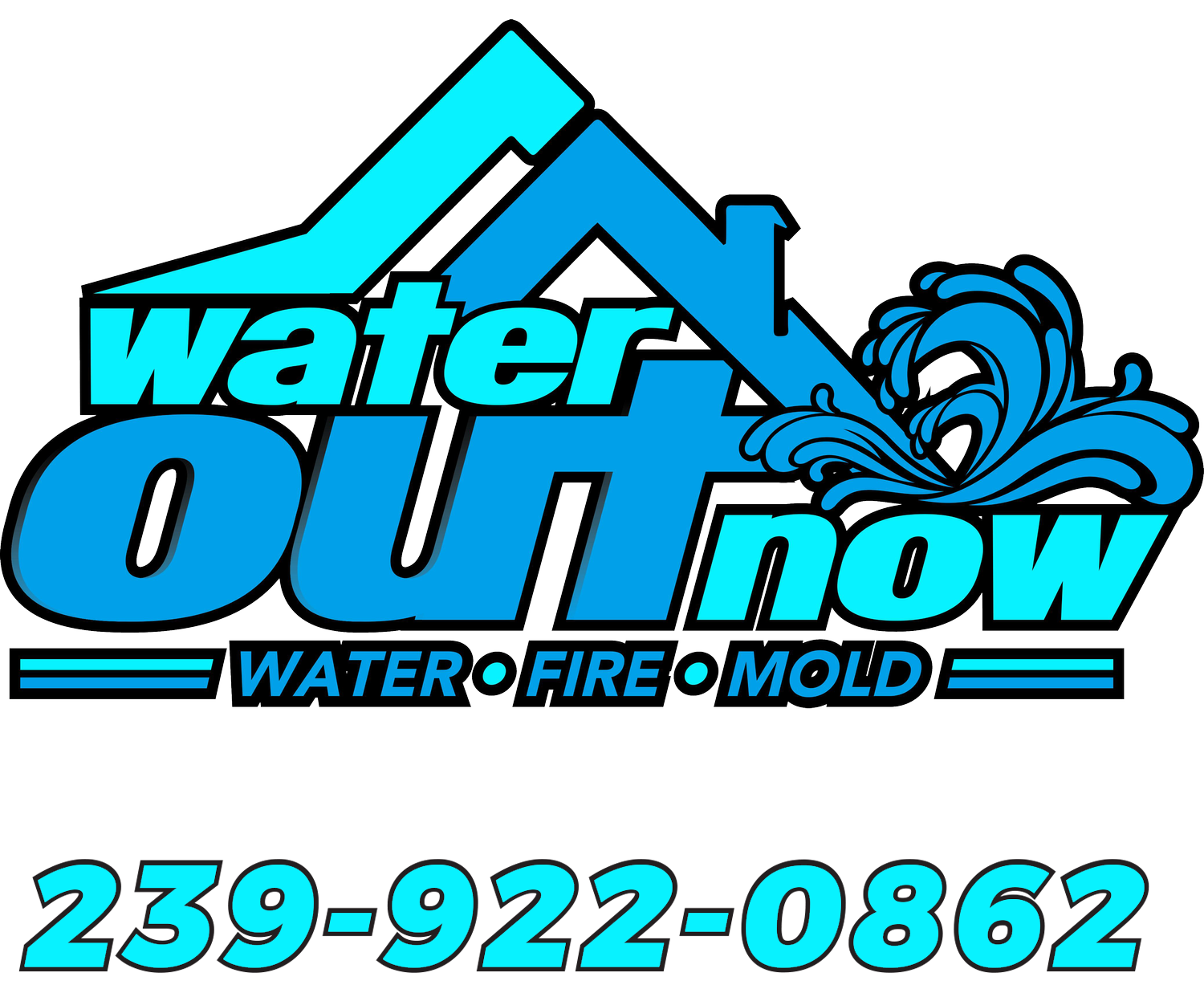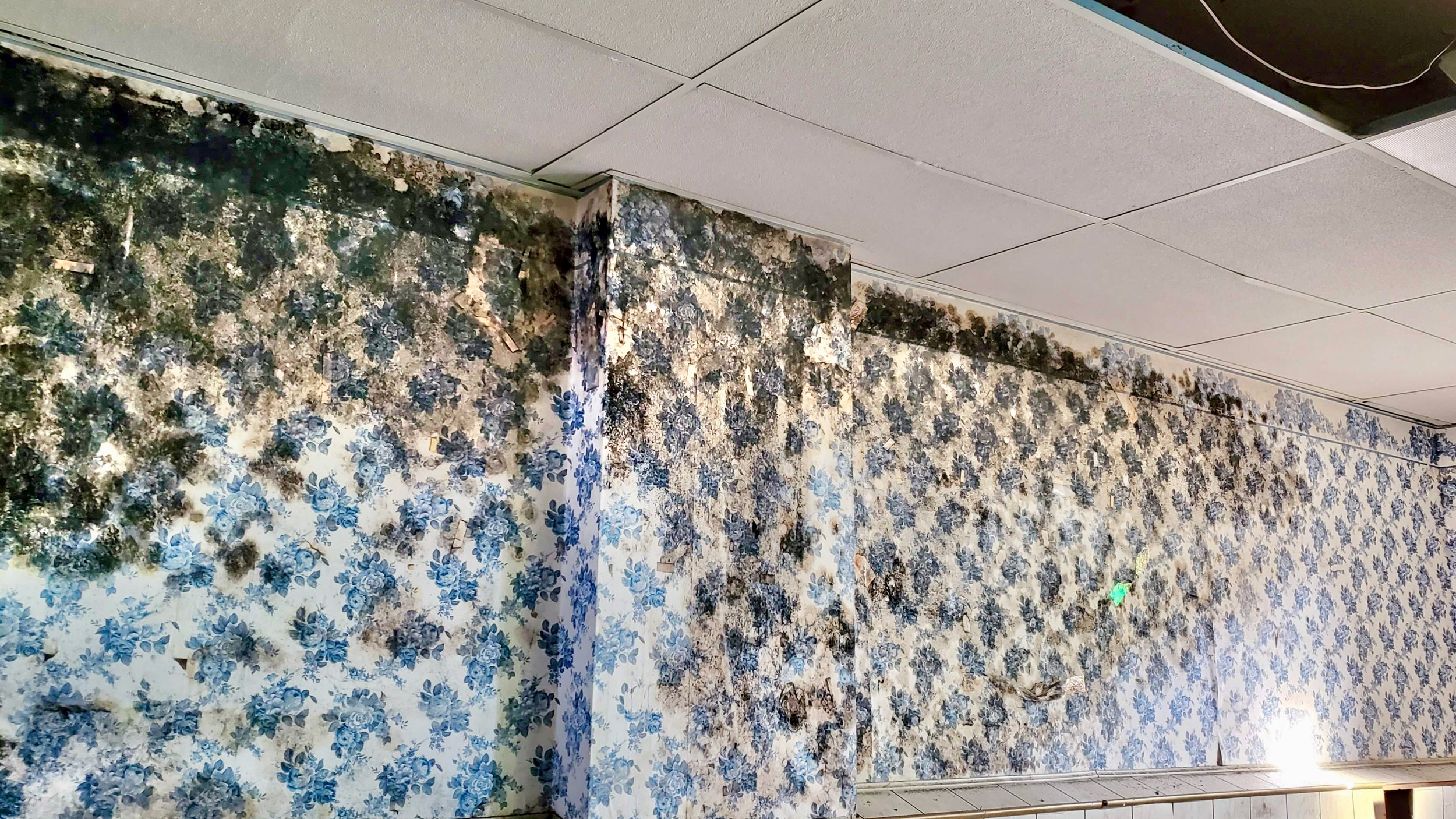The Mysteries of Household Mold and Effective Removal Strategies
Who is Vulnerable to Mold?
While mold has the potential to impact everyone, certain groups are more prone to mold-induced health complications, including:
1. Allergy Patients: Those with allergies might find their symptoms aggravated in the presence of mold, manifesting as sneezing, congestion, itchy eyes, and skin irritations.
2. Asthma Patients: For asthma sufferers, mold exposure can be a precursor to asthma episodes, resulting in coughs, wheezing, and breathlessness.
What Exactly is Mold?
Mold is a category of fungi that flourishes in moist and humid environments. Its propagation method involves dispersing minute, feather-light spores into the atmosphere, which can proliferate and land on various materials. Mold's appearance varies in color and texture, allowing it to stand out, but it's also notorious for being covert in hidden spots.
Where Might You Find Mold?
Potential mold hotspots in your home encompass:
1. Bathrooms: Humidity and heat in bathrooms render them ideal for mold, particularly around tiles, seams, and shower linings.
2. Kitchens: Dripping faucets, leftover food particles, and insufficient airflow can foster mold in kitchens.
3. Basements: Due to their tendency for limited airflow and possible water seepages, basements are mold magnets.
4. Attics: Flawed roofing or suboptimal insulation can encourage mold colonization in attics.
5. Crawl Spaces: Humid crawl spaces can harbor mold, which might then circulate in your home through air conditioning systems.
When is Mold Most Active?
Mold prefers moisture-rich environments, posing problems when dampness is high. Though mold can burgeon throughout the year, its presence is generally more palpable during the humid, warmer seasons. Nonetheless, it can persist in chilly, moist settings.
Why Should Mold Worry Us?
There are manifold reasons to be wary of mold:
1. Health Repercussions: Mold exposure might culminate in an array of health ailments, spanning allergies, breathing challenges, dermal issues, and fungal ailments.
2. Infrastructural Harm: Chronic mold presence can undermine your home's structural integrity, affecting walls, ceilings, and floorings.
3. Depreciated Home Worth: Real estate value can dip due to mold complications.
4. Odor Issues: Mold is notorious for its musty and disagreeable scent, hampering your home's ambiance.
5. Appearance: Not only is mold an eyesore, but it can also tarnish surfaces, diminishing the beauty of your living space.
Mold, with its pervasive nature, can be a formidable adversary in homes. Being privy to its favored growth conditions, coupled with the potential health and infrastructural ramifications, is pivotal for property owners. To fend off mold or manage its presence, ensure well-aerated spaces, address water issues swiftly, and don't hesitate to call experts when in doubt. A home devoid of mold translates to a healthier, cozier, and more secure abode.

